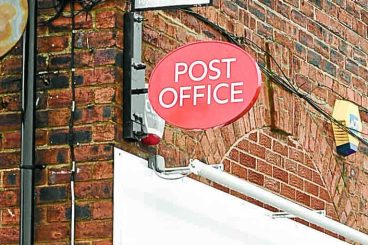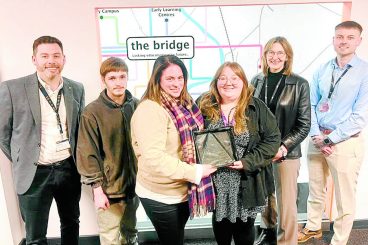CASH strapped Dumfries and Galloway Council must radically change the way it operates in order to improve and maintain services for its communities.
That is the warning from local government watchdog, the Accounts Commission, which issued a rare statement last week calling on struggling councils across Scotland to get their act together to step debts spiralling and services dwindling.
Dumfries and Galloway Council was facing a £12.9m budget deficit for this financial year, which was brought down by around £5m through various cost-saving measures. However, the deficit was also projected to be around the £40m mark over the next three years.
Tim McKay, acting chairman of the Accounts Commission, said: “Councils have gone beyond the point where making savings is enough. If the change needed doesn’t happen now, some services will continue to get worse or deeper cuts will be made.
“This will impact communities and individuals that are already at crisis point with the effects of inequality and persistently high poverty.
“Councils need to have open and honest conversations with their communities and staff about the future of council services.”
One of the big recommendations is for neighbouring councils to share services to help cope with reducing budgets, growing demographic and workforce pressures, and declining performance across some services.
Councils must now “rethink how they work together”, and with local partners and communities, to provide financially sustainable services whilst tackling national issues such as climate change, child poverty and inequalities.
Mr McKay argues that councils also need better data in order to ensure they can demonstrate their services are meeting needs.
However, the Scottish Government and COSLA urgently need to finalise the planned ‘New Deal’ settlement for local government, according to the Accounts Commission.
This would allow for more long-term planning, flexibility and transparency in councils’ budgeting process. Currently, an increasing proportion of funding is ringfenced for national priorities; this constrains councils from making decisions about how to best use money to address the local needs of their citizens and communities.
Dumfries and Galloway Council was asked to respond.
























